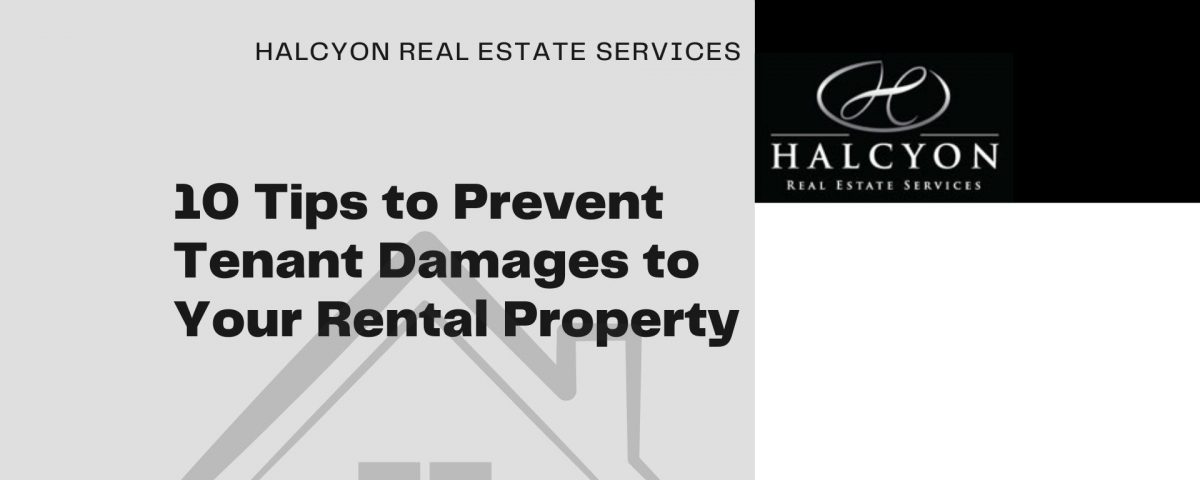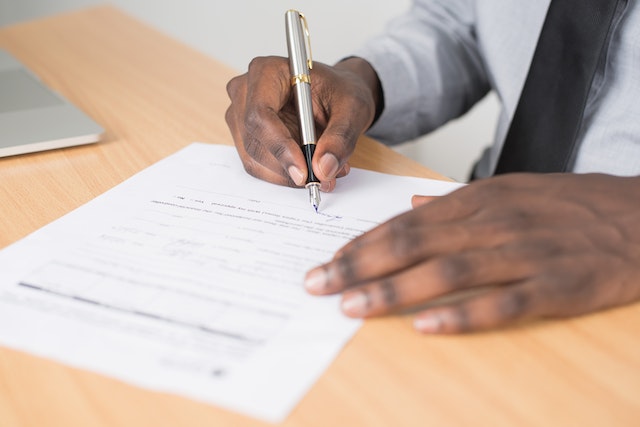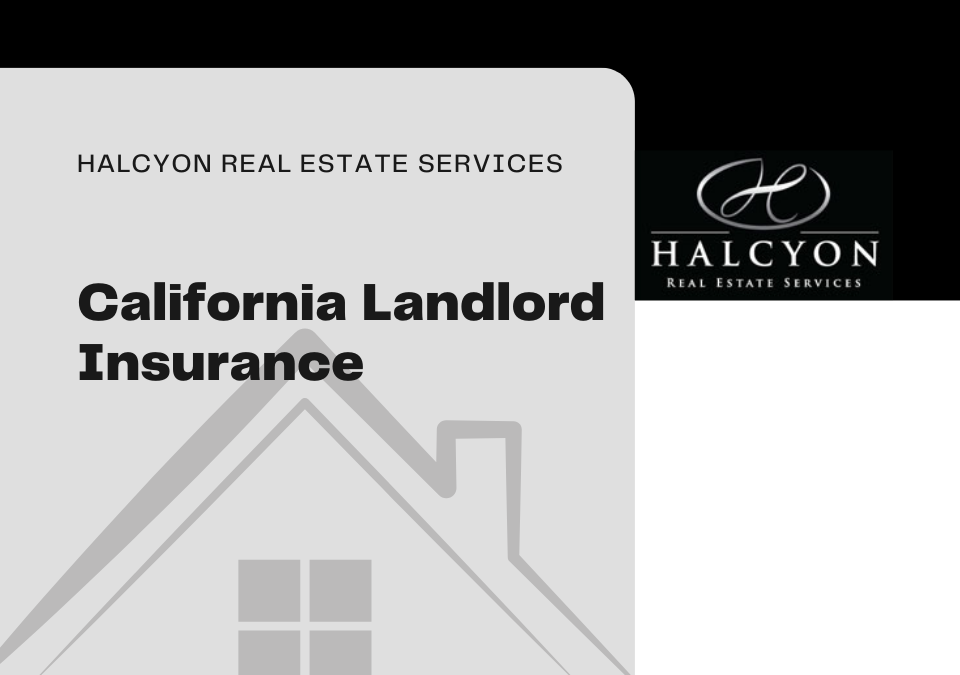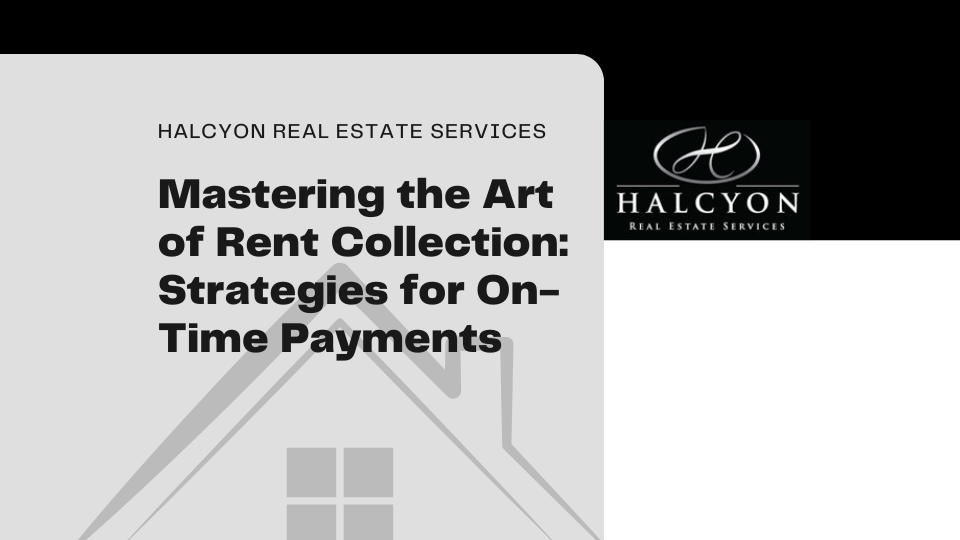10 Tips to Prevent Tenant Damages to Your Rental Property

As a rental property owner or new landlord, it’s important to take steps to protect your investment from damages caused by tenants. Unfortunately, whether you live near your rental property or are a long-distant landlord, tenant damages are a common occurrence in the rental industry, and can range from unavoidable wear and tear to major structural damages.
However, by implementing a few simple strategies, you can minimize the risk of tenant damages and keep your property in good condition. Halcyon Real Estate Services is here to discuss some tips to prevent tenant damages to your rental property.
From conducting thorough background checks to creating a clear lease agreement, these tips will help you protect your property and ensure a positive rental experience for both you and your tenants.
Tip #1: Be Prepared to Properly Screen Tenants
It’s important to carefully screen potential tenants to ensure that they have a good rental history and are able to pay rent on time. This process can include running a credit check, criminal background check, and verification of employment and income.
By thoroughly screening tenants, you can minimize the risk of damage to your property and reduce the likelihood of late or missed rent payments.
Tip #2: Have a Clear Lease or Rental Agreement
A well-written lease agreement can provide a clear understanding of what is expected of the tenant and what consequences may occur in case of any damages or violations.

This agreement should include detailed information about the property, the terms of the tenancy, and any rules or regulations specific to your property.
Tip #3: Be Cautious with New Tenants
Be vigilant when a tenant moves in for the first time. Conduct a thorough walk-through of the property with the tenant before they move in and document the condition of the unit. This will give you a reference point for any damages that may occur during the tenancy.
Tip #4: Inspect the Property Regularly
Regular inspections can help you identify any potential issues or damages early on, and address them before they become more serious. It’s also a good opportunity to check that the tenant is following the rules outlined in the lease agreement.
Tip #5: Invest in Smart Upgrades
Investing in the right upgrades for your rental property can help prevent damages and improve the overall living experience for your tenants. Some examples of upgrades you can consider include:
- Durable flooring: Installing flooring such as ceramic tile or laminate can help prevent damage to the floors and reduce the need for frequent repairs.
- Energy-efficient appliances: Installing new energy-efficient appliances such as refrigerators, washers, and dryers can help reduce energy costs and the likelihood of breakdowns and repairs.
- Upgraded plumbing and electrical systems: Upgrading the plumbing and electrical systems can help prevent leaks and electrical issues, reducing the risk of damages to the property.
- Enhanced security features: Installing security features such as deadbolts, security cameras, or a security system can help prevent break-ins and reduce the risk of damages to the property.
Tip #6: Efficiently Fill Vacancies
Keeping your rental property occupied is one of the best ways to prevent damages. When a property is left vacant, it can become a target for vandalism, theft, or other types of damage.

Therefore, it’s important to quickly fill any vacancies as soon as they arise. This can be achieved by using an effective marketing strategy, such as listing your property on popular rental websites, offering competitive rent rates, and providing a positive living experience for your tenants.
Tip #7: Be Knowledgeable About Chosen Plants
Consider the type of plants you have on your property and whether they can withstand the weather and conditions in your area. Some plants may be more susceptible to damage and require more maintenance, so choose wisely.
Tip #8: Prioritize Long Term Tenants
Long-term tenants have been renting the property for an extended period of time, typically several years or more. Long-term tenants can be a benefit to landlords because they provide stability and reduce the cost and hassle of turnover, they can also be more likely to cause damages over time.
It’s important to pay special attention to long-term tenants for the following reasons:
- Wear and Tear: Over time, normal wear and tear can accumulate and cause damages to the property. Long-term tenants may be more likely to cause these types of damages.
- Neglect: Long-term tenants may become complacent and neglect basic and annual maintenance tasks, such as regularly cleaning or replacing air filters. This can result in larger and more expensive repairs down the line.
- Unreported Issues: Long-term tenants may be less likely to report minor issues, such as a leaky faucet, because they have become accustomed to the problem. These small issues can quickly escalate into larger and more costly repairs if not addressed promptly.
Tip #9: Practice Good Landlord Tenant Relationships
Maintaining a positive and respectful relationship with your tenants can have a significant impact on preventing damages to your rental property.

When you have a good relationship with your tenant, they are more likely to take care of the property and report any issues or damages to you promptly. A good relationship also makes it easier to address any issues that may arise, and can improve the overall rental experience for both parties.
To have a good relationship ensure that you respond to emergency maintenance requests.
Tip #10: Require a Security Deposit
The security deposit is intended to cover any damages or unpaid rent at the end of the lease agreement. The amount of the security deposit should be agreed upon between the landlord and tenant and included in the lease agreement.
It’s also important to follow the laws regarding security deposits in your state. Many states have laws that dictate the maximum amount of a security deposit that can be collected and how it must be stored and protected. Having a security deposit in place gives the landlord some financial protection against damages caused by the tenant.
Before You Go
These are the ten tried and true recommendations that we have for minimizing the risk of tenant damage to your rental property. If the thought of completing these processes seems overwhelming, one option to consider is partnering with an experienced property management company.
Halcyon Real Estate Services is there to assist you with maintaining your property in a professional manner. We are proud of the fact that our management plans are straightforward, and our fees are always the same.





